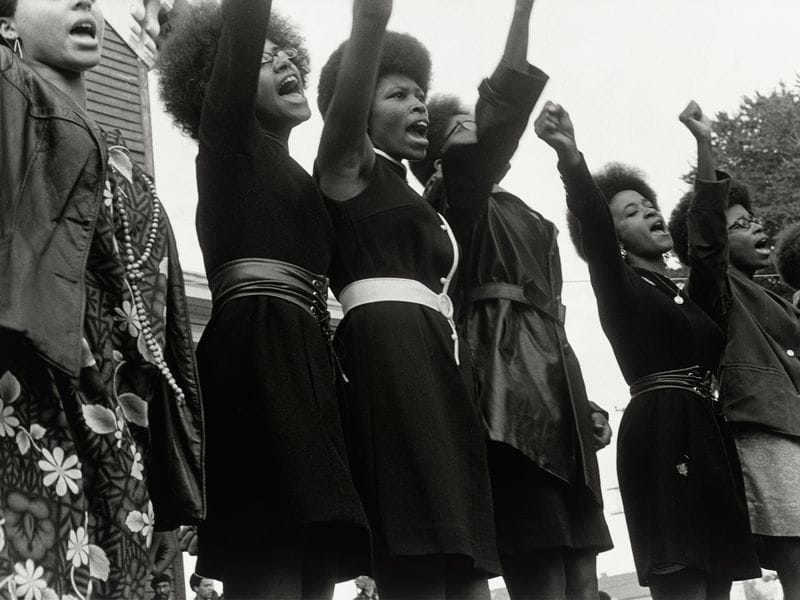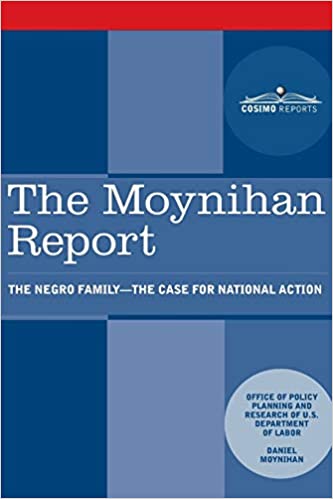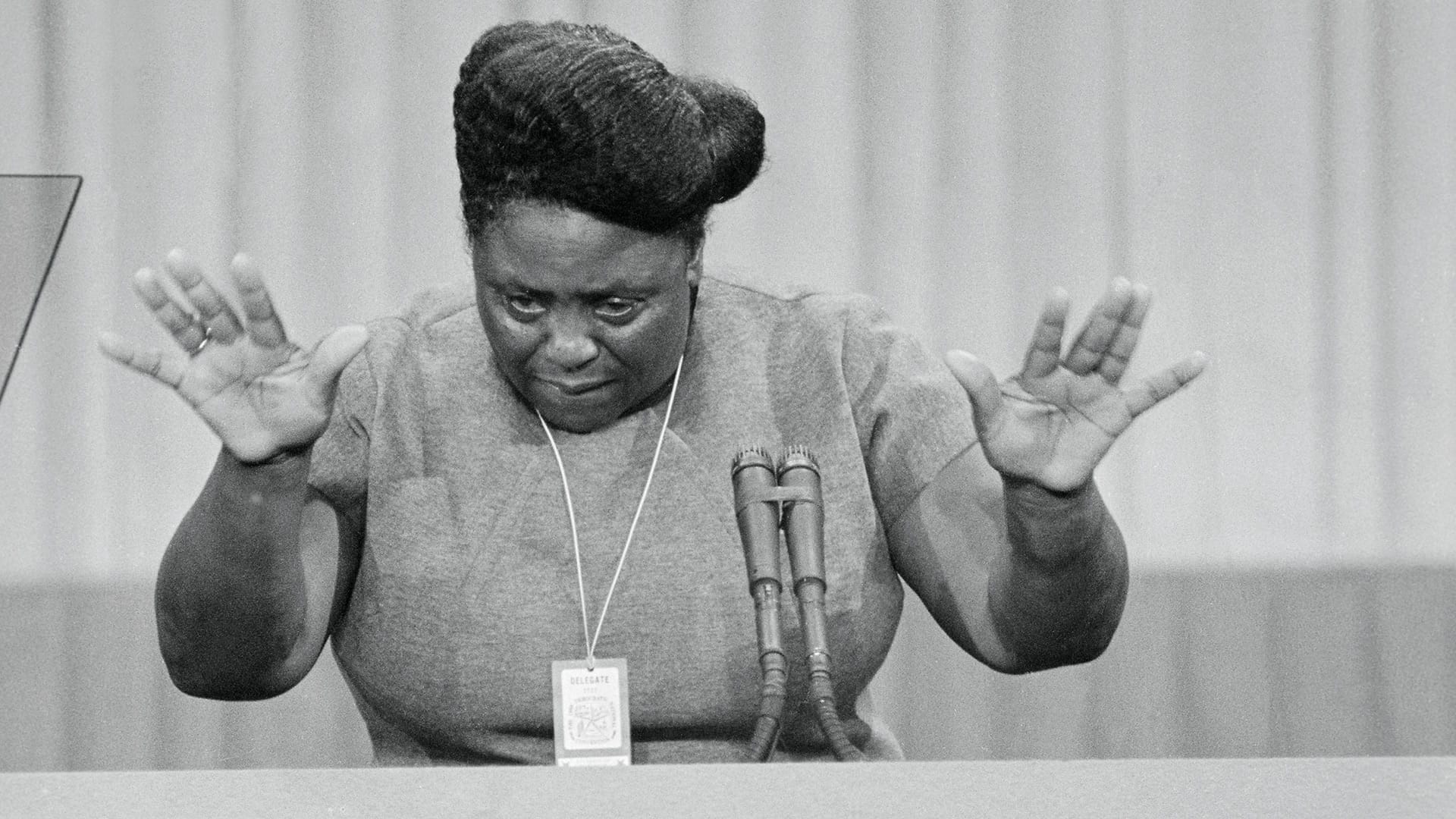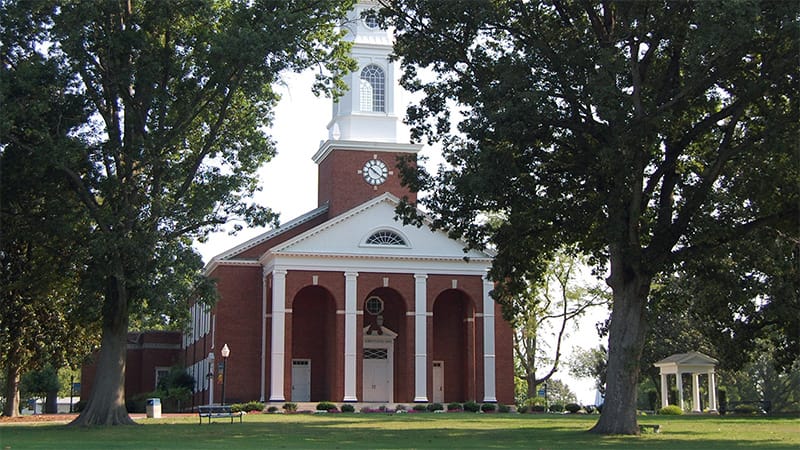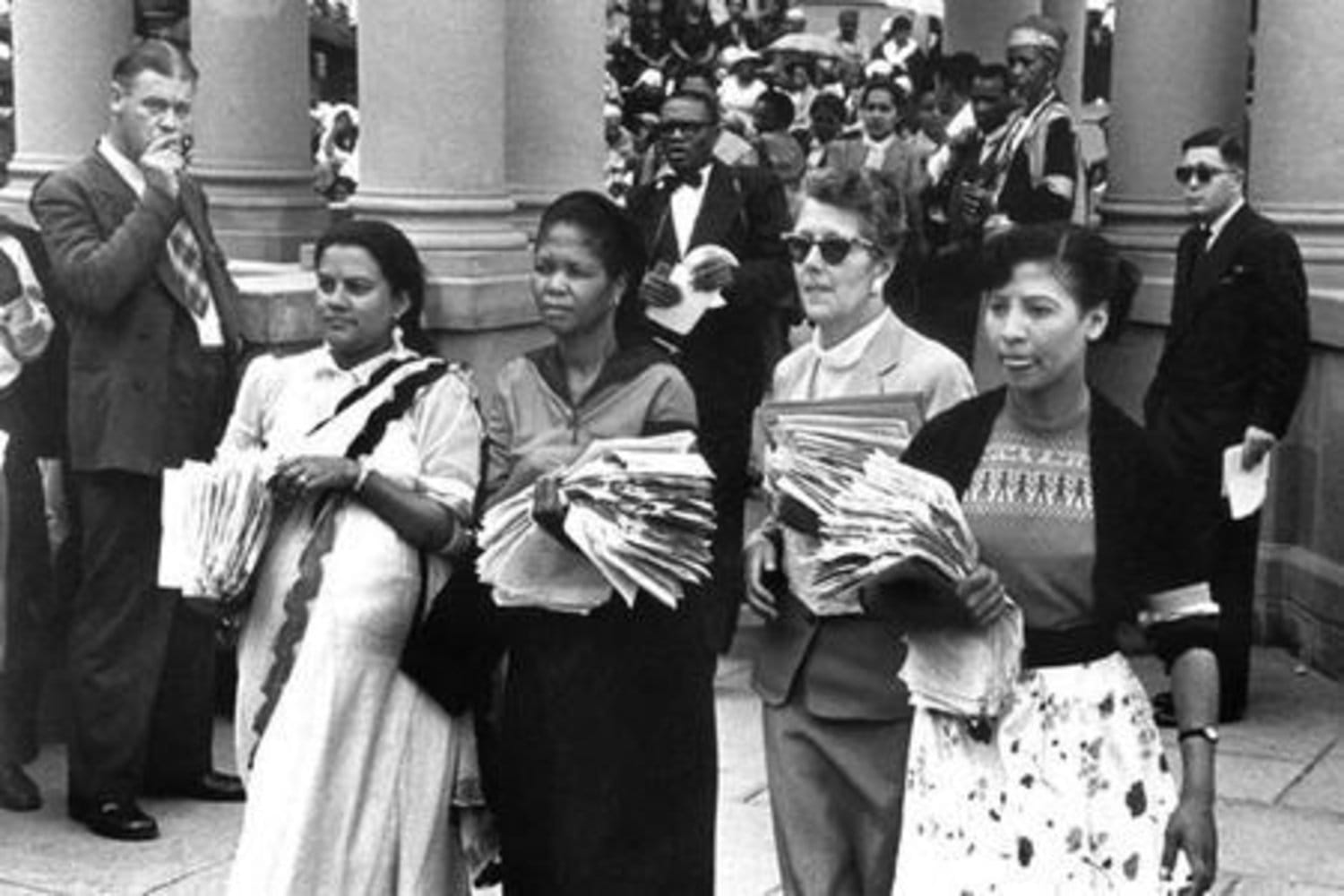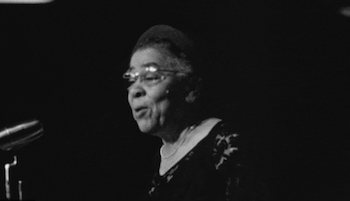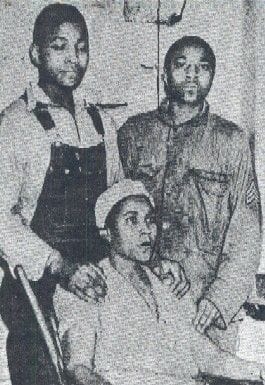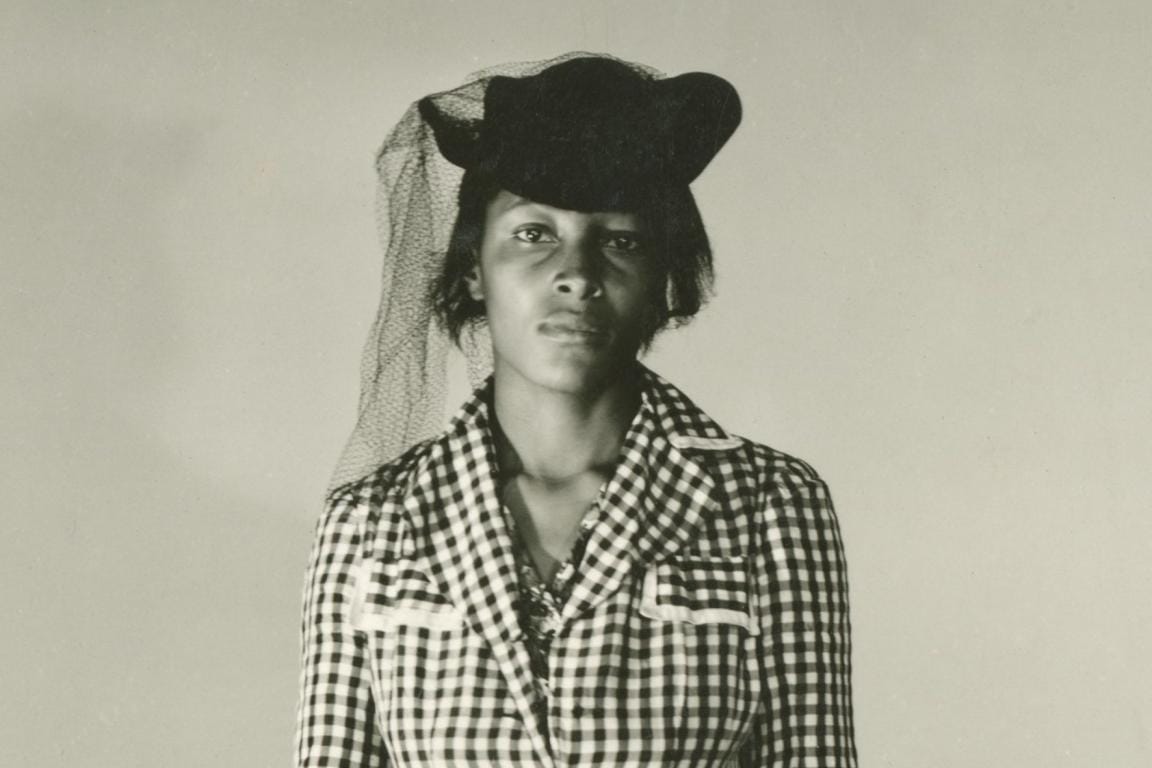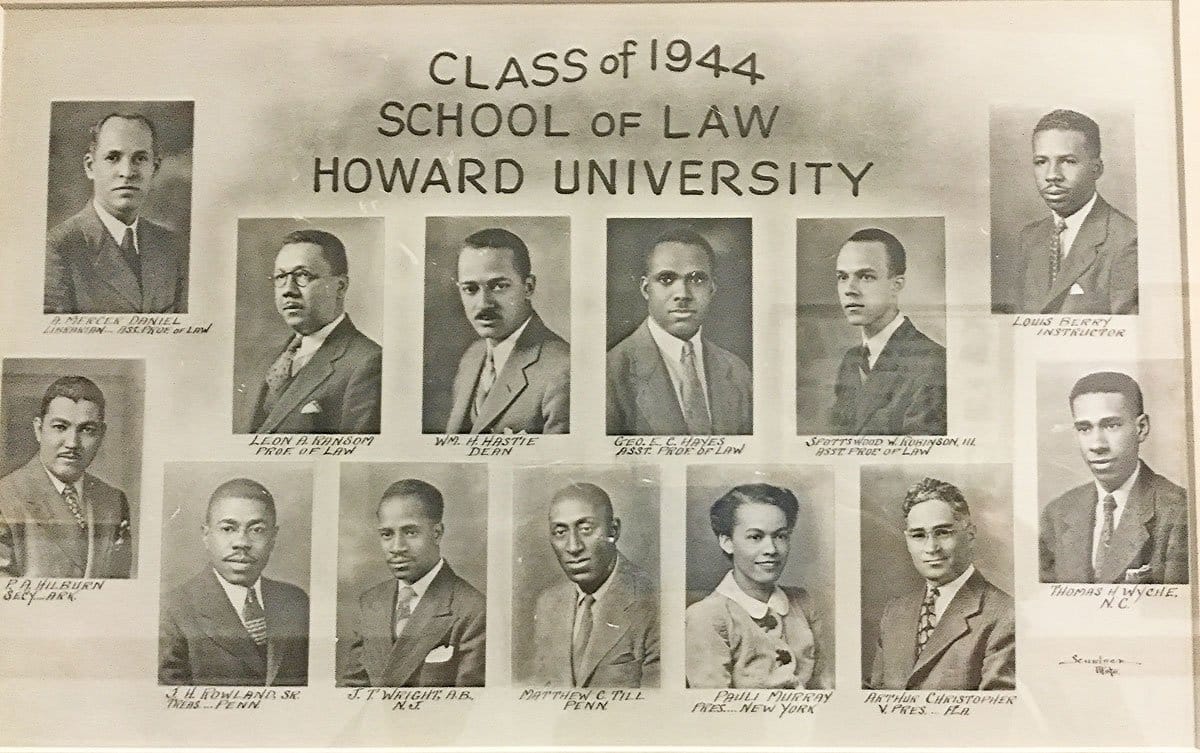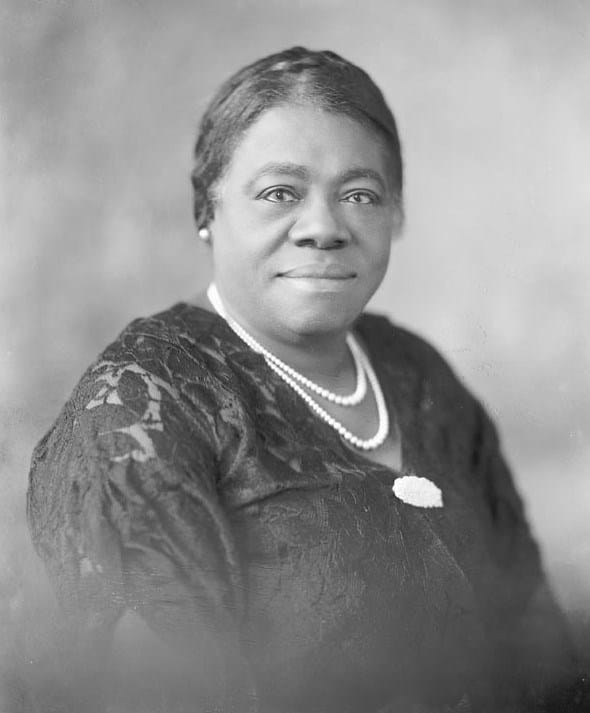In 1966, Huey Newton and Bobby Seale founded the Black Panther Party, which was originally known as the Black Panther Party for Self-Defense. While it began in Oakland, California, chapters sprung up across the country, including in prisons. The party’s original goal was to defend Black communities against police brutality by patrolling Black neighborhoods. The group eventually evolved into a Marxist revolutionary group that advocated for Black liberation and provided programming such as free breakfast programs, health clinics, ambulance services, and youth institutes. While the party had many successes, Black women justifiably complained about sexism and misogyny in the Black Panther Party.
Category: Action Points
The Moynihan Report
The Moynihan Report, also referred to as The Negro Family: The Case for National Action, was written by Daniel Patrick Moynihan in 1965. Moynihan was an American sociologist who served as Assistant Secretary of Labor under President Johnson. His report, which claimed to focus on the roots of Black poverty, stated that Black single-mother families were not caused by lack of jobs but by “ghetto culture.” The report was criticized for being racist and misogynistic, as it fed into stereotypes and victim blaming.
Fannie Lou Hamer’s Speech at the Democratic National Convention
On August 22, 1964, Fannie Lou Hamer, who was a co-founder of the Mississippi Freedom Democratic Party, spoke before the Credentials Committee of the Democratic National Convention in Atlantic City. In this speech, which addressed voter suppression and state-sanctioned violence, she uttered the famous quote: “I’m sick and tired of being sick and tired.”
Bennett College
On February 1, 1960, four Black students, later to be called the Greensboro Four, were refused service at a white-only lunch counter, and consequently, decided to orchestrate a sit-in. The next day, students from Bennett College, a historically Black college for women, joined them in solidarity. These women were referred to as the Bennett Belles.
Women’s March in Pretoria
On August 9, 1956, thousands of South African women from a variety of backgrounds marched to protest pass laws. According to South African History Online, “pass laws were a form of an internal passport system designed to segregate the population between Blacks from whites in South Africa, and thereby, severely limit the movements of the Black African populace, manage urbanization, and allot migrant labor.” The march, which involved approximately 20,000 people, played a critical role in allowing women to become visible participants of the anti-apartheid movement.
Sojourners for Truth and Justice
Founded in 1951, Sojourners for Truth and Justice was a radical civil-rights organization inspired by the intersectional activism of Sojourner Truth. Members of the organization included Shirley DuBois, Claudia Jones, Charlotta Bass, and Lorraine Hansberry. In the fall of 1951, the Sojourners for Truth and Justice wrote A Call to Negro Women to mobilize Black women to protest racism and sexism. The result was that more than 132 Black women journeyed to Washington, D.C. between September 29 and October 1, 1951, for a program called Sojourn for Truth and Justice, where they advocated for justice, safety, and freedom.
The Rosa Lee Ingram Case
Rosa Lee Ingram was a Black sharecropper who, during November 1947, was assaulted and sexually threatened by her white neighbor, John Stratford. As she fought off Stratford, her two sons, Wallace Ingram and Sammie Lee Ingram, came to her defense. Stratford died from blows on the head, and the Ingrams were given the death penalty. Due to protests led by Sojourners for Truth and Justice, as well as advocacy from the National Committee to Free the Ingram Family, their sentence was commuted to life in prison. The Ingrams were released on parole in 1959. The case highlighted the specific forms of oppression that poor Black women experience, as well as the need for Black feminism.
Justice for Recy Taylor
On September 3, 1944, Recy Taylor was walking home from church in Abbeville, Alabama, when she was sexually assaulted by six white men. The crime was investigated by Rosa Parks, who worked with the National Association for the Advancement of Colored People (NAACP), and it received a lot of coverage in the Black press. However, as with many cases pertaining to violence against Black women, the accused were not indicted.
Pauli Murray Enrolls in Howard University Law School
In 1941, Pauli Murray enrolled in Howard University Law School and was the only woman in her class. At Howard, Murray became aware of how prevalent sexism was and went on to refer to it as Jane Crow.
Mary McLeod Bethune Appointed by President Roosevelt to a Federal Position
Mary McLeod Bethune (1875–1955) was a Black educator, civil and women’s rights leader, and government official. In 1936, according to the National Women’s History Museum, “Bethune became the highest ranking African American woman in government when President Franklin Roosevelt named her director of Negro Affairs of the National Youth Administration, where she remained until 1944.”

